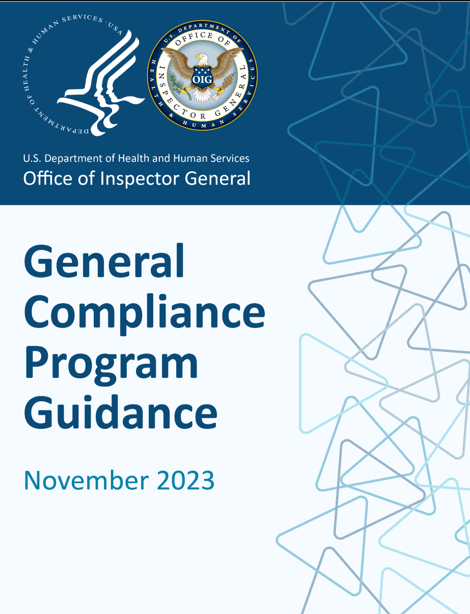HHS Office of Civil Rights is requiring all healthcare providers to use HIPAA-compliant telehealth platforms by Aug. 10. When the Public Health Emergency ended in May, CMS provided a transition period for covered health care providers to come into compliance with the HIPAA Rules with respect to their provision of telehealth.
The transition period will expire at 11:59 p.m. on August 9, 2023.
Per CMS, the list below includes some vendors that represent that they provide HIPAA-compliant video communication products and that they will enter into a HIPAA BAA.
- Skype for Business / Microsoft Teams
- Updox
- VSee
- Zoom for Healthcare
- Doxy.me
- Google G Suite Hangouts Meet
- Cisco Webex Meetings / Webex Teams
- Amazon Chime
- GoToMeeting
- Spruce Health Care Messenger
Note: OCR has not reviewed the BAAs offered by these vendors, and this list does not constitute an endorsement, certification, or recommendation of specific technology, software, applications, or products. There may be other technology vendors that offer HIPAA-compliant video communication products that will enter into a HIPAA BAA with a covered entity. Further, OCR does not endorse any of the applications that allow for video chats listed above.
Also note, Facebook Live, Twitch, TikTok, and similar video communication applications are public facing, and should not be used in the provision of telehealth by covered health care providers.

